I was born and grew up in the USSR and I remember very well that the Baltic countries were in our special account - it was our Soviet Europe. Estonians seemed especially European - almost Finns! And the language is so unusual, and the names are so strange, Scandinavian, as it seemed then. Most of all we remember the name Lembitis from Sergei Dotlatov's story, a wonderful "anti-Soviet" Soviet writer, who has lived in Estonia for some time.
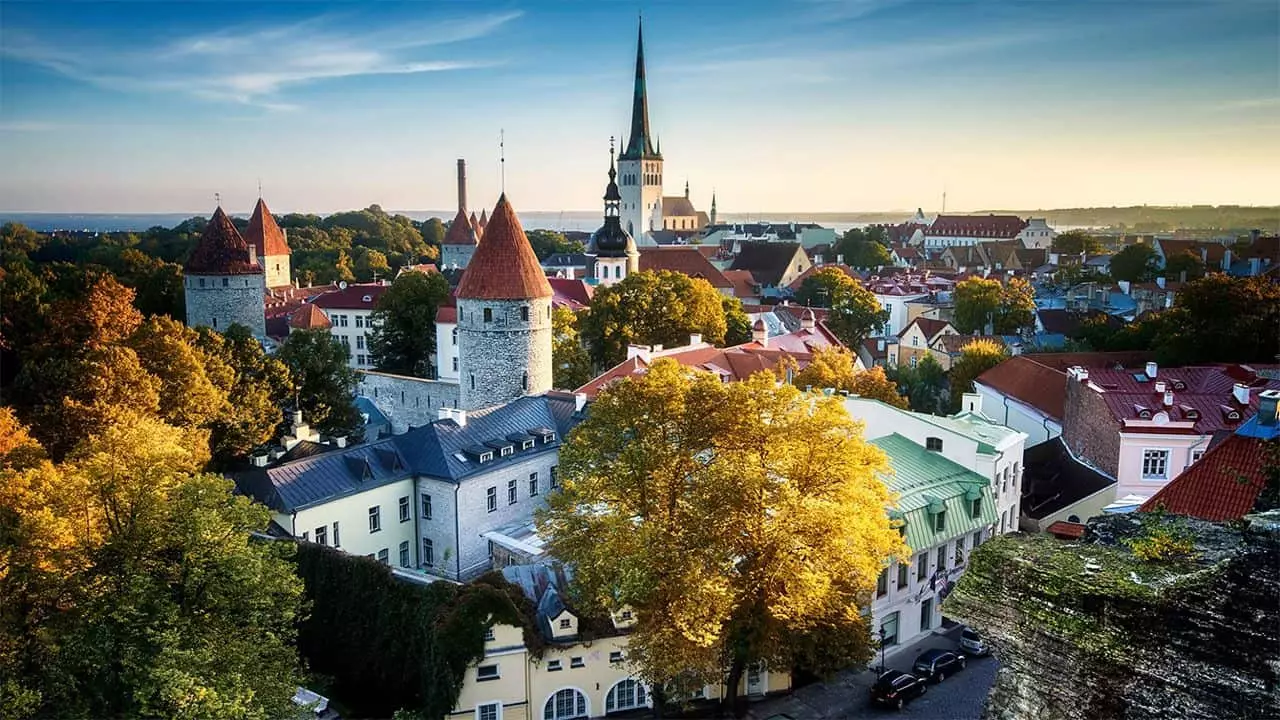
Today Estonia is part of the European Union, it is even closer to Europe, even further from us. But familiar often go there on vacation: Tallinn is a wonderful city, small and a bit fabulous. And we somehow jokingly asked if Lembita were in Estonia? Friends reacted to this request unexpectedly seriously and conducted a whole study of Estonian names. What are they, are they so different from pan-European and Russians? And it turned out that ...
The history of Estonia in her names
Find out what awaits you today - a horoscope for today for all zodiac signs
By numerous subscribers requests, we have prepared an accurate horoscope application for a mobile phone. Forecasts will come for your zodiac sign every morning - it is impossible to miss!
Download free: Horoscope for every day 2020 (Available on Android)
Estonia is a country with a young and challenging history. Therefore, there are many names in it, most of the origin. At one time, Germans and Finns lived here, then Russian, Ukrainians, Belarusians. Well, the Estonians themselves with their Estonian names, as you guess, they also lived here. Slow, power, economic people with a fair feeling of self-esteem.
Today in the country that has become part of the European Union, children try to call pan-European names that will not cut the rumor somewhere in London or Munich. Therefore, lebits do not call anyone here - even in memory of the Dovlatov, which correctly noticed that the name is the same epic and historical as our Bova or Mikula.
But there were some traditional names for Estonia, in which there is nothing epic. For example, girls are less likely called Christina, the boys with Crystianians. They say the name Kevin is also the Estonian traditional and began to meet less often. So where "the legs grow" from Kevin Coster!
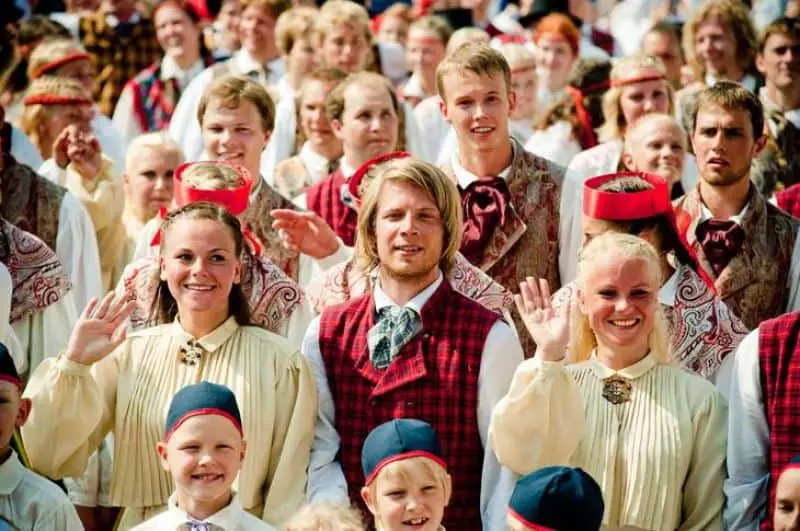
From the old names hold their positions that:
- Laura;
- Martin;
- Anna;
- Maria;
- Sofia;
- Rasmus;
- Robin.
Origin of names
Estonians are the Finno-Ugric people, and Finno-Ugry does not distinguish the nouns by childbirth. This also applies to the names. The names have no female ending, unlike Russian Petrov - Petrov. You will be Mr. and Ms. Mege, and the point. In antiquity, Estonians did not have last names - only the names and the appendage attached to them, denoting the order of his carrier or place of residence.
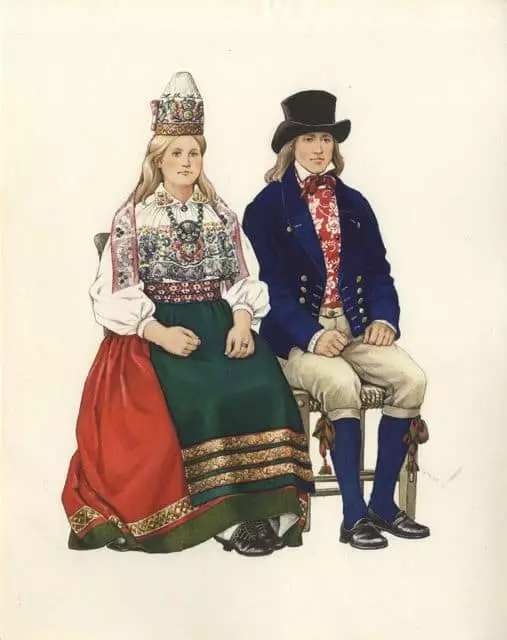
Here, by the way, there was also a serfdom, and he was canceled in the first half of the 19th century: the industry was rapidly developed, and they needed proletarians, people disassembled from the Earth. That was then separated with the names.
At the same time, as it relyes in any decent bourgeois society, it becomes a very important idea of national. It was in the 19th century in Estonia who could well name the boy with lembita, to revive the ancient name "in search of roots", so to speak. Together with lembities were revived:
- Meemerais;
- Cairo;
- Chimotla.
All this ancient pagan names. But with the women's pagan names, the problem is for some reason they are not preserved. But scientists folklinists suggest that they were such:
- Aita;
- Whisk;
- Virve;
- Maim.
Estonia before becoming part of the Russian Empire, fell under the power of Germany. Of course, it also affected the names. Hence the rather common Johannes and Johann.
The adoption of Christianity also affected at one time - children called the Catholic calendar. Hence all Elizabeth and Mary, as well as Thomasa, Peter, Andreas.
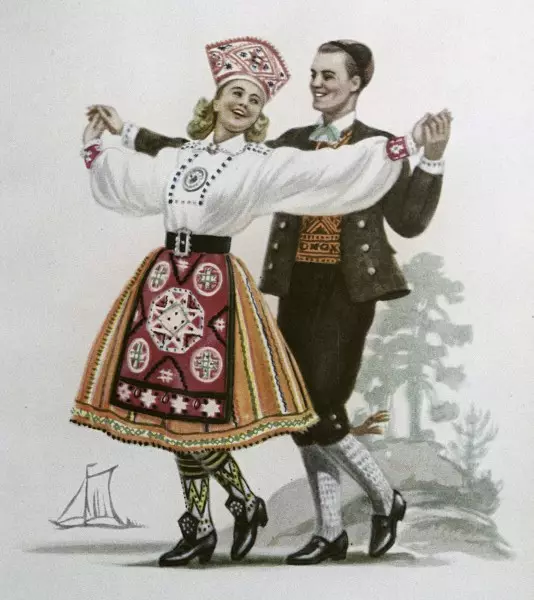
A little independent history
In the 1930s, first Estonia became an independent independent state, for a while, as we remember. And in order to erase the memory of the "colonial" past, the government decided to translate from German to Estonian some names. After all, we know that sometimes names and surnames have a completely definite meaning. For example, Kuznetsov (I explain it in Russian examples). Well, the German names succumbed to translation. So Wilphrida became Kalevami - you remember Kalevalu? Estonians here very well remember their epic. And the name of the URMAS is the Estonian translation of the German Friteruth.
Estonians on the wave of national self-consciousness entered the taste and began to create variations of traditional names to the Estonian manner. The simple and banal name Anna, the same that in England, that in Russia, it became much more Estonian when he added vowels: Aana, Aina, Aino. What of a variety! But I'm just for: it is better than when 25% of women in Natalia country, 25% of Tatiana, another 25% of Julia and the remaining quarter of Oli. Let it be a variety.
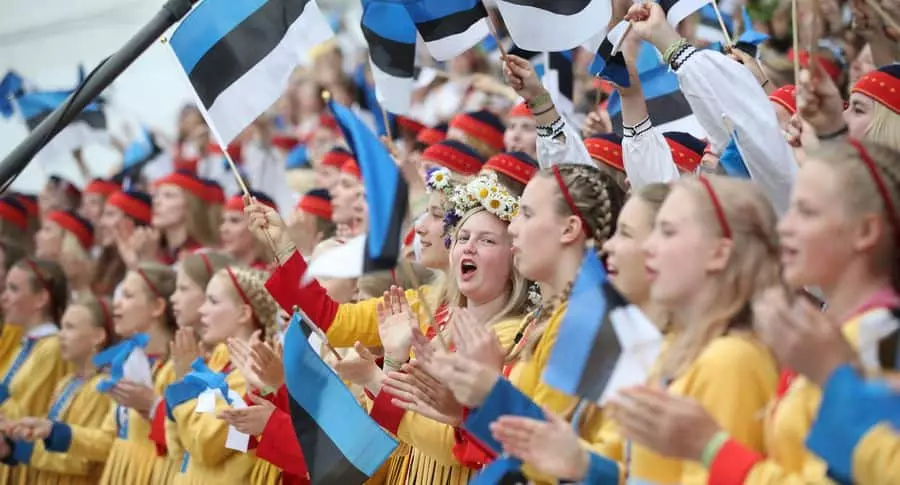
With Estonian into Russian
I became wildly interesting how Estonian names are translated. And here are some examples. It turns out, harmless Martin - like God Mars, nor little! One of the most popular names in the country - Rasmus, "Favorite". Kaspar is the name of clearly German origin and translates as the "Treasure Guardian". The name ARVo sounds like very Estonian and translates as "dear." Ivo - "Bow from Tisa", Sander - "Protecting People".Now about female names. Wilma - "Volga Protector", Kirk - "Sunday", and a very popular and very common name of Laura means "crowned with laurel". Also very common in Estonia names of Sofia, Annabel, Lizette.
Russians in Estonia
They say Estonians did not have so radically with Russians as Latvians and Lithuanians. It is not surprising that Russian names are very popular and distributed here: Maxim, Nikita, Artem. Oleg and Sergey are often found.
Conclusion:
- The complex history of the country spawned several stages in the formation of names. In Estonia, there are names of pagan and catholic origin. There are those that remain from the Germans and Russians.
- No, lebits in Estonia are a bit if they are at all. But his ancient names of Estonians were restored with love for their native history.
- Russians from Estonia left not all. Many come. So the Russian names here too many, no one will be surprised by your Sergey and Maxim.
